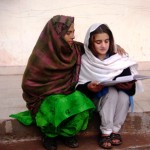
Gul Laila, a resident of Dharian Bambian, Pakistan, can’t read or write, but she still arrives at the local school early every morning. Before heading off to her job as a domestic worker, she stops by the school to ensure all the teachers have shown up for work. Faculty absenteeism has no longer been an issue since the School Management Committee elected Laila as its chairwoman.
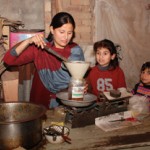
USAID encourages husbands to support their wives in producing and marketing products – often ones made in family settings for generations – as these enterprises represent a huge untapped economic resource in Pakistan.
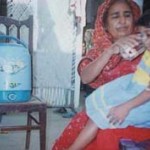
Water-borne infections such as cholera, typhoid fever, and dysentery also burden the public health system and can impose significant economic losses. Safe water alone can reduce diarrhea and other related diseases by up to 50%, but an estimated 62% of Pakistan’s urban population and 84% of the rural population do not treat their water.
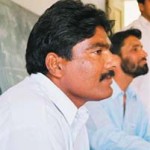
Beating children is a common method for enforcing rules and punishment for poor learning in Pakistan’s government-run schools. Shafqat Shah, a primary school teacher at a small school near Islamabad, was shocked to learn through a USAID-sponsored program that if a child didn’t understand something, it wasn’t the child’s fault, but the fault of the teaching methodology being used.
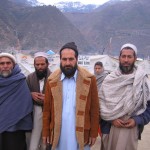
People from the Allai Valley in northern Pakistan live in isolated family compounds perched along ridges of the Karakoram Mountains. With no schools nearby, most children had no access to formal education.








Comment
Make a general inquiry or suggest an improvement.